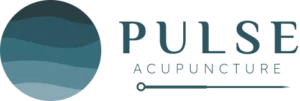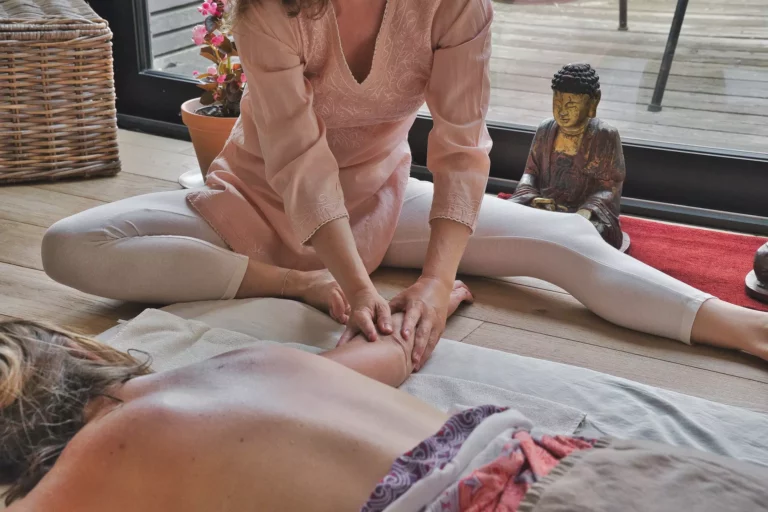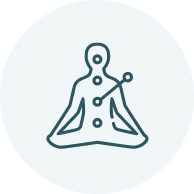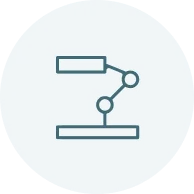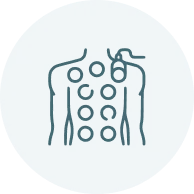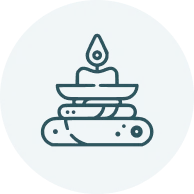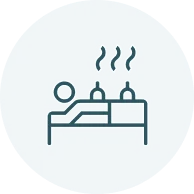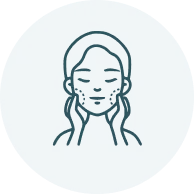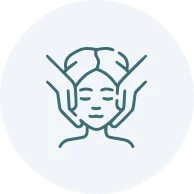When it comes to attending an acupuncture session, choosing the right attire can contribute to your comfort and the effectiveness of the treatment. Understanding what to wear for acupuncture can help ensure a smooth and relaxing experience.
What to Wear for an Acupuncture Session?
Here are some guidelines on acupuncture clothing:
- Loose-Fitting Clothes. Opt for garments that are non-constricting and provide ample room to move. Loose-fitting pants, skirts, or shorts, along with loose tops or t-shirts, are ideal choices. Avoid tight-fitting clothes that may restrict movement or compress acupuncture points.
- Accessibility. Select clothing that allows your acupuncturist to access the areas where the needles will be inserted. Consider wearing outfits that allow your arms, legs and back areas to be easily accessible without the need to undress fully.
- Layering. Acupuncture treatment rooms are typically kept at a comfortable temperature, but individual preferences may vary. Dressing in layers allows you to adjust your clothing according to your comfort level. This way, you can add or remove clothing during the session to maintain an optimal temperature.
- Comfortable Shoes. If your acupuncture treatment involves points on your feet or lower legs, it is advisable to wear shoes that are easy to slip off. This facilitates access to these areas and ensures your comfort during the session.
Remember, the primary goal is to wear clothing that promotes relaxation, easy access to acupuncture points, and your overall comfort during the session.
Read Also: Top 10 Benefits of Acupuncture
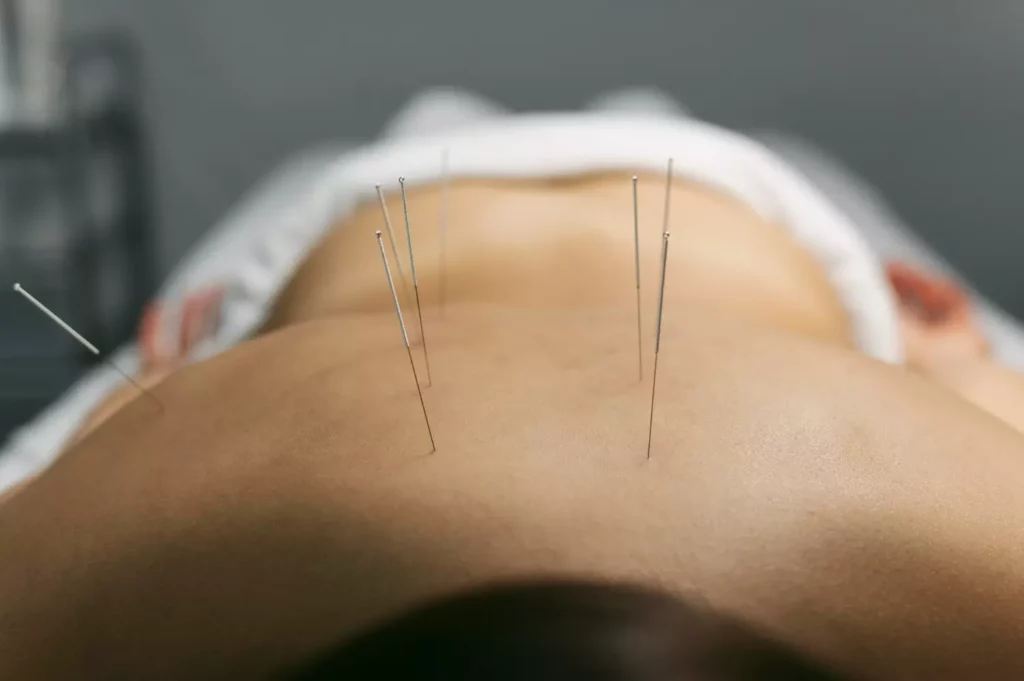
What You Shouldn’t Wear at an Acupuncture Appointment?
When attending an acupuncture center, it is advisable to avoid wearing certain items of clothing or accessories to ensure a safe and comfortable experience. Here are some things to avoid:
- Tight or Constricting Clothing. Avoid wearing tight-fitting clothes that can restrict movement or compress acupuncture points. Tight clothing may impede the effectiveness of the treatment and cause discomfort during the session.
- Clothing with Multiple Layers. While layering can be beneficial for adjusting to the room temperature, it is best to avoid wearing excessive layers of clothing that may hinder access to acupuncture points. Acupuncturists need to easily reach the specific points they are targeting for treatment.
- Complex or Difficult-to-Remove Clothing. Opt for clothing that is easy to put on and take off. Avoid wearing clothing with complicated fastenings or buttons that may be time-consuming or challenging to remove. This ensures smooth access to acupuncture points and minimizes any disruptions during the session.
- Jewelry and Accessories. It is recommended to remove jewelry, such as necklaces, bracelets, rings, or large earrings, before the session. These items can interfere with the acupuncture treatment or cause discomfort when needles are inserted. It is best to leave them at home or in a safe place.
- Strong Fragrances. Avoid wearing strong perfumes, colognes, or heavily scented lotions to your acupuncture session. Some individuals may be sensitive to strong fragrances, and it is considerate to minimize potential irritations or allergies during the treatment.
Read Also: Cupping Aftercare: What to do after Cupping and what to Avoid
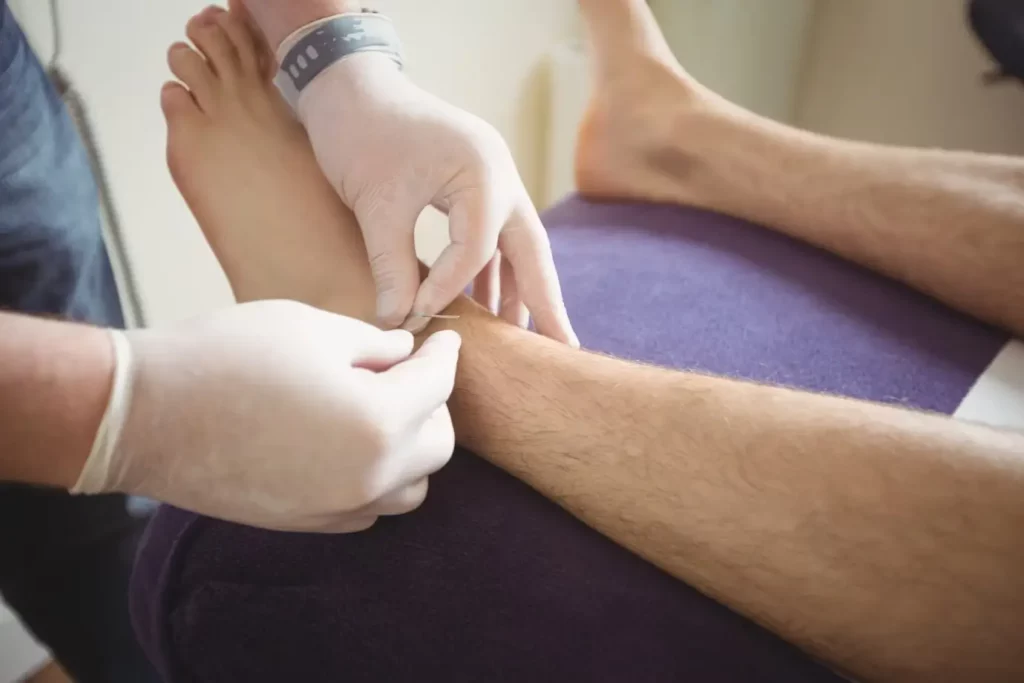
Why Should You Choose Pulse Acupuncture
Are you seeking natural solutions to improve your well-being? Look no further than Pulse Acupuncture! Our dedicated and skilled acupuncturist is committed to providing personalized and effective treatments. Experience the ancient healing art of acupuncture in a serene and welcoming environment. Whether you’re seeking relief from pain, stress reduction, or overall balance, our holistic approach can help, and not just by acupuncture. We also provide other services, like cupping, which also has many different benefits. Visit Pulse Acupuncture Center today and embark on a transformative journey towards optimal health and wellness. Your well-being is our priority.
Read Also: What does Aromatherapy do to Help You Feel Better?
What to Wear for Acupuncture – FAQ
What Should I Wear to an Acupuncture Appointment?
For an acupuncture appointment, it’s best to wear loose, comfortable clothing that can easily be rolled up or adjusted to access different parts of your body, such as your arms, legs, and sometimes your abdomen. Breathable fabrics like cotton are ideal because they provide comfort and ease of movement.
Can I Wear Leggings to an Acupuncture Session?
Yes, you can wear leggings to an acupuncture session as long as they are stretchy and not too tight. Leggings that can easily be pulled up over the knee are preferable, as many acupuncture points are located on the lower legs.
What Types of Clothing Should be Avoided for an Acupuncture Session?
Avoid wearing tight clothing, such as skinny jeans or fitted dresses, which can restrict access to certain acupuncture points. Also, bulky or layered outfits can be cumbersome to adjust during your treatment. Clothing with excessive zippers, buttons, or embellishments should also be avoided as they can interfere with treatment areas.
How Should I Dress for Acupuncture if My Treatment Involves My Back or Abdomen?
If your treatment involves your back or abdomen, wear a two-piece outfit, such as a loose-fitting shirt and pants or a skirt. This allows easier access to these areas without the need to fully undress, ensuring your comfort and privacy during the session.
Are There Specific Shoes Recommended for An Acupuncture Appointment?
Comfortable, easy-to-remove shoes are recommended for an acupuncture appointment. You will typically need to remove your shoes before the session starts, so slip-on shoes or sandals can be very convenient.
What Should I Wear to My First Acupuncture Session if I’m Unsure About the Areas to Be treated?
If you’re unsure about the areas that will be treated in your first session, opt for versatile clothing. A simple outfit like a T-shirt and loose pants, which can be easily adjusted or removed, works well. Bringing a pair of shorts and a tank top as extra options can also be helpful.
-

Marina Doktorman, M.S., L.Ac., is an experienced acupuncturist who obtained her Masters of Acupuncture from the Tri-State College of Acupuncture in New York City in 2001. During her studies, she focused on Chinese Herbology, a branch of Traditional Chinese Medicine (TCM) that utilizes herbs to complement acupuncture treatments. Marina is licensed in both New York (NY) and New Jersey (NJ) and holds a Diplomate of Acupuncture from the National Certification Commission for Acupuncture and Oriental Medicine (NCCAOM), indicating her expertise in the field.

